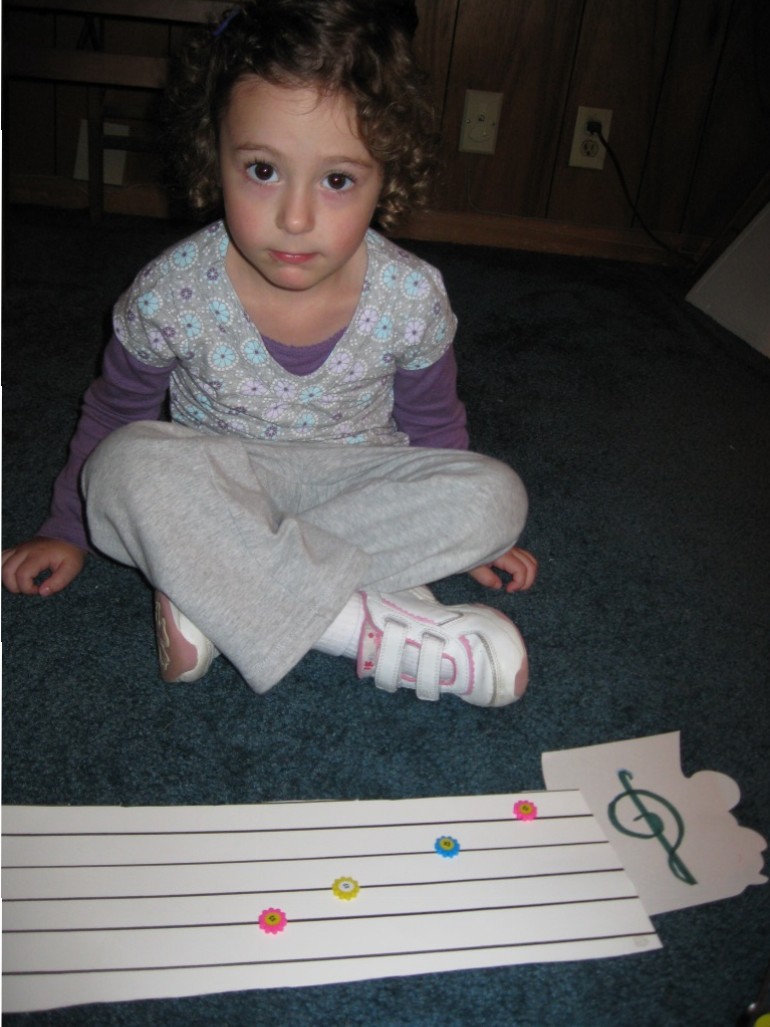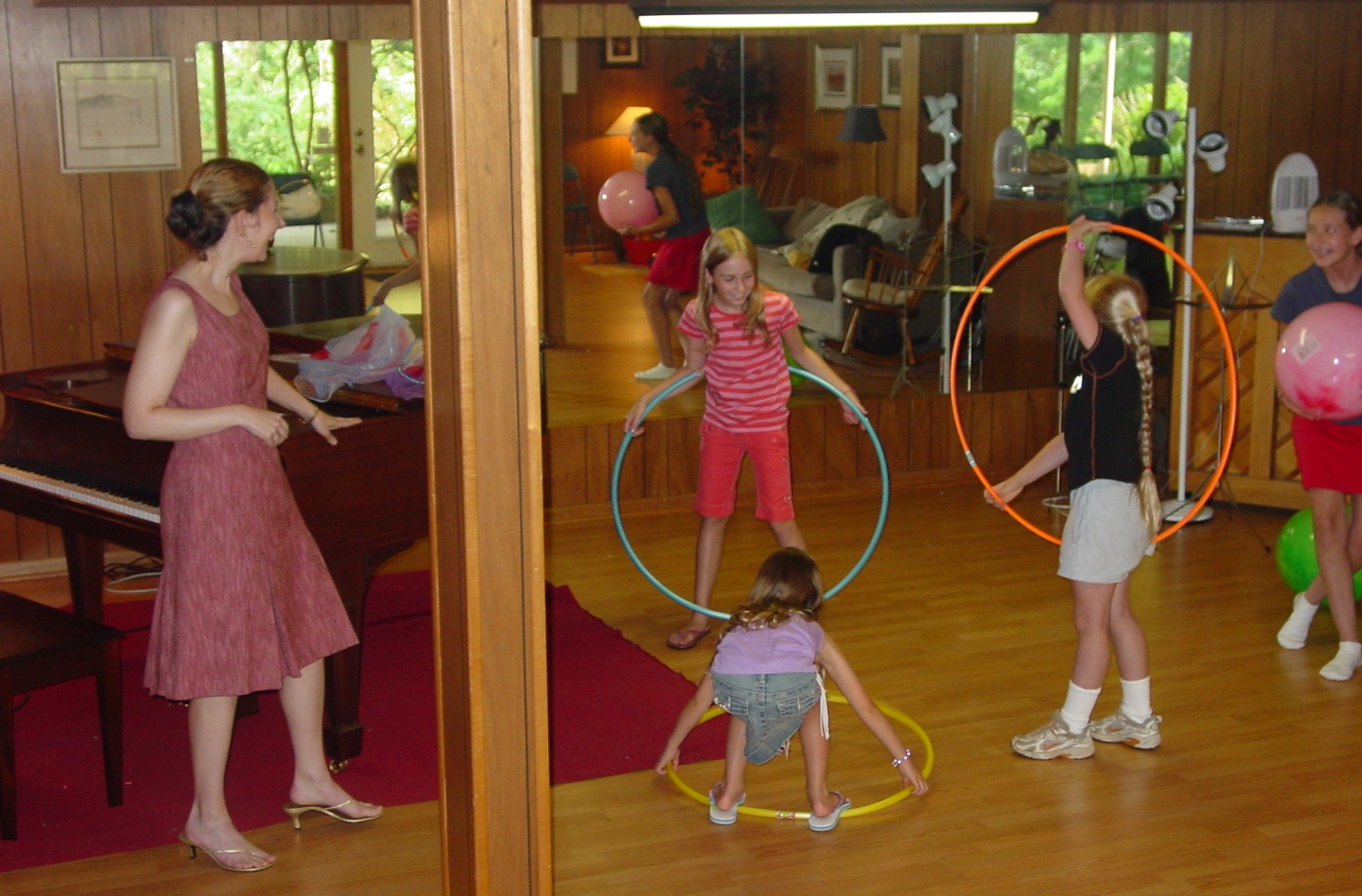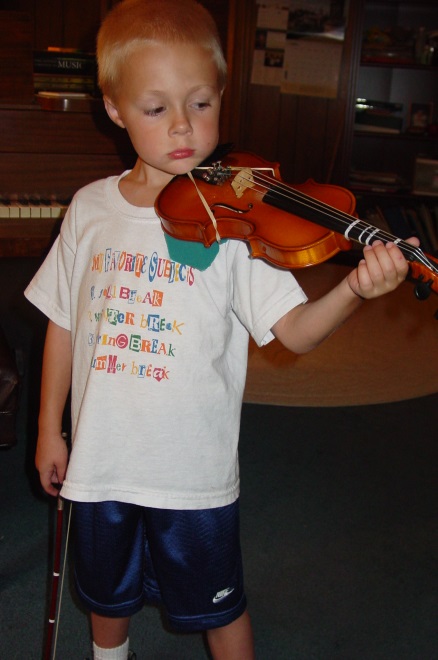Musical Minds: Chamber Music Curriculum for Children
Chamber Music Series for Children
by Alison Maerker Garner
XXXXXXXXXXXXXXXXXXXXXXXXXXXXXXXXXXXXXXXXXXXXXXXXXXXXXXXXXXXXXXXXXXXXXXXXXXXXXXXXXXXXXXXXXXXXXXXXXXXXXXXXXXXXXXXXXXXXXXXXXXXXXXXXXXXXXXXXXXXXXXXXXXXXXXXXXXViolettes by Becky, a Gifts for Musicians company, enjoys giving you an introduction to Ms. Garner. Ms. Garner has arranged a series of Chamber Music Books for children, which she writes about in this article. Purchase her books and CDs at: http://garnerstudio2.com/publications.Chamber playing encompasses the whole musician. It demands of its players technical precision, sensory and empathetic response, and improvisational skill that gives breath to the ebb and flow of a communal work of art. No other musical performance medium quite does that and, as it is in my mind, the epitome of musical excellence. As an educator and as a musician, I aim to attain these qualities to the best of my ability, and guide my students to do the same, for the sake of the art. Musical Minds grew out of this passion after years of performing as a soloist, orchestral violinist, and chamber musician; teaching; writing; and research in child development, aesthetics, and cognitive science…particularly the work on mirror neurons and their role in learning. How to teach the aesthetic sense? Anyone can learn technique, but to perform from the head and the heart is a rarer find. Musical Minds is a curriculum for children ages 2 through 18 that presents and practices music concepts through sensory perception, empathetic response, and cognitive functioning as applied to chamber performance. Young children are introduced to musical elements through sensory experience such as language, visual art, texture, song, and movement, providing a necessary context through which to understand and eventually articulate abstract musical ideas. Such experience lays the foundation for audiation, a term coined from Edwin Gordon that describes the complex ability to hear from within oneself rather than through the external environment. Sensory experience also prepares the way for empathy and responding to others in a sensitive and appropriate manner. As children develop themselves on a chosen instrument privately, these building blocks of musicianship are integrated into a musical setting first, through rhythmic and melodic patterns and later, through folk and classical repertoire. These aesthetic responses include imitation, transposition, improvisation, composition, arranging, and ultimately, chamber performance. Intermediate and advanced instrumentalists learn critical listening skills and how to analyze a score, ways to practice individually and within a group, and perform works stylistically and musically appropriate to the composer’s intentions. I firmly believe music can cleanse the soul, renew the spirit, and heal the body. Musical Minds provides a way a child can achieve musical excellence and a higher state of being through his/her own individual journey.
concepts through sensory perception, empathetic response, and cognitive functioning as applied to chamber performance. Young children are introduced to musical elements through sensory experience such as language, visual art, texture, song, and movement, providing a necessary context through which to understand and eventually articulate abstract musical ideas. Such experience lays the foundation for audiation, a term coined from Edwin Gordon that describes the complex ability to hear from within oneself rather than through the external environment. Sensory experience also prepares the way for empathy and responding to others in a sensitive and appropriate manner. As children develop themselves on a chosen instrument privately, these building blocks of musicianship are integrated into a musical setting first, through rhythmic and melodic patterns and later, through folk and classical repertoire. These aesthetic responses include imitation, transposition, improvisation, composition, arranging, and ultimately, chamber performance. Intermediate and advanced instrumentalists learn critical listening skills and how to analyze a score, ways to practice individually and within a group, and perform works stylistically and musically appropriate to the composer’s intentions. I firmly believe music can cleanse the soul, renew the spirit, and heal the body. Musical Minds provides a way a child can achieve musical excellence and a higher state of being through his/her own individual journey.


 We hope you enjoy learning about this music curriculum for children. If you purchase it, please tell us how you like it! And let us know if you are a teacher involved in music education or a parent. Please send comments to RMChaffee@comcast.net.
We hope you enjoy learning about this music curriculum for children. If you purchase it, please tell us how you like it! And let us know if you are a teacher involved in music education or a parent. Please send comments to RMChaffee@comcast.net.

